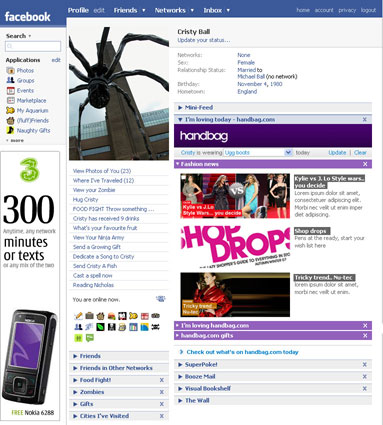The NUJ has finally published its Shaping the Future report looking at the effect of cross-media conversion and the adoption of internet publishing on its journalist members.
The report is intended largely to raise concerns that newspaper groups are committing to newsroom conversion by increasing the workload of journalists, asking them to work harder and longer without any great recompense, all the while continuing to reduce the size of the staff.
However, the report balances this through its recognition that the industry was in a ‘transitional period in which many employers are still undecided on the level of investment they are prepared to put into new media…in the long run staffing should stabilise with proper job allocation and training’.
It also highlighted that many national and some of the leading regional publishers – particularly Johnston Press and Trinity Mirror – were already engaged in planning ‘seriously for better resourced “web first” operations’.
The final section of the report, entitled The Future offers an informed look – somewhat away from the tendency toward doom and gloom of the questionnaire findings – at the development of the industry against a backdrop of Web 2.0 developments, suggesting that the industry has to grow into a word of social networking, widget technology, greater personalisation, mobility and communication.
Despite these allowances, the report raises a worrying set of issues, highlighting often how professional standards are compromised in the name of cross-media production. How corners are cut and publications are often seem as product, to be filed at a lower editorial standard, rather than focusing fully on more established news values.
“Instead of seizing the opportunity to enhance journalistic content and build and maintain quality media, many simply seized the opportunity to reduce costs and boost profits, viewing the erosion of quality journalism as a necessary sacrifice,” Jeremy Dear, NUJ general secretary wrote today.
The report singled out what it saw as examples of poor practise, with the Telegraph coming in for stern criticism:
“It panicked and tried to transform their news operations overnight, imposing large-scale redundancies in the move to a 24/7 multimedia operation,” the report stated.
It quoted – anonymously – journalists working on the integrated newspaper:
“We are regularly expected to file for the internet after [an event]. This sometimes means missing out on vital parts of the story or important interviews just so we can file a substandard version for the web.”
Continue reading →
